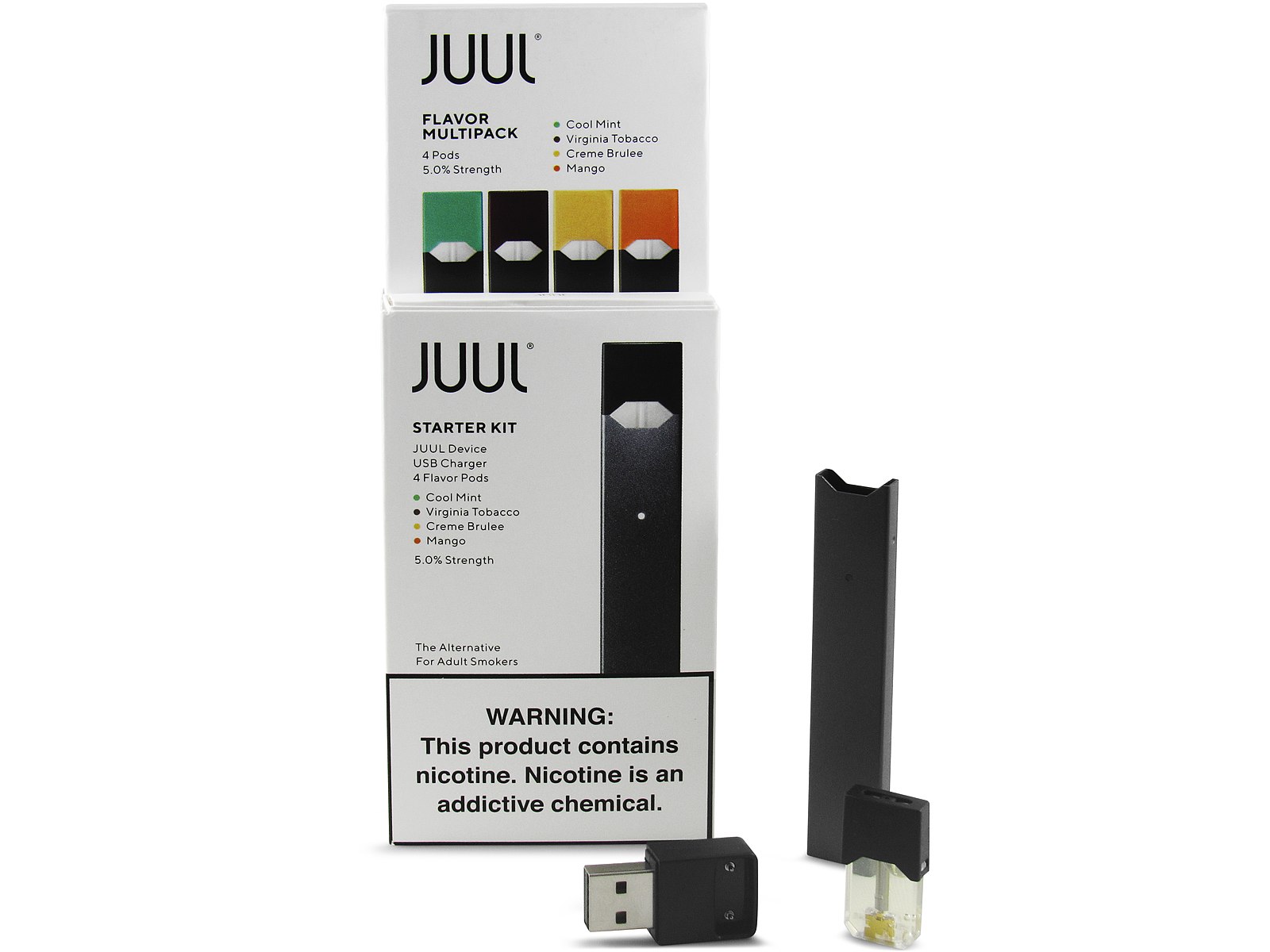The inhalation of flavored liquid used in electronic cigarettes (e-cigarettes) –– even those without nicotine –– may increase the risk of cardiovascular disease, according to Stanford researchers. The findings were published in the Journal of the American College of Cardiology on May 27 by scientists at the Stanford University School of Medicine.
“This study clearly shows that e-cigarettes are not a safe alternative to traditional cigarettes,” said Joseph Wu, director of the Stanford Cardiovascular Institute and cardiovascular medicine and radiology professor. He is the paper’s senior author and leader of the research group. Former postdoctoral scholars Won Hee Lee and Sang-Ging Ong are the lead authors.
Wu’s group found that e-liquids caused severe damage to endothelial cells that line the interior of blood vessels. After growing endothelial cells in a laboratory, Wu and his colleagues exposed the cells to e-liquids and blood collected from e-cigarette users shortly after vaping. They subjected the cells to six different flavors of e-liquid with varying levels of nicotine.
They found that the exposed cells were less viable and exhibited significantly increased levels of molecules that cause DNA damage and cell death compared to regular endothelial cells.
All flavors caused significant damage to the endothelial cells, but the cinnamon and menthol flavored e-liquids were especially harmful.
Prior to Wu’s study, the effect of e-cigarette use on vascular health has been ambiguous. Despite the unknown effects of e-cigarette usage, however, its use has skyrocketed among young people in the United States. The Food and Drug Administration estimated that more than 3.5 million middle and high school students used e-cigarettes in 2018.
“One in five high school students have tried e-cigarettes,” Lee said. “But we found the e-liquids caused changes in the endothelial cells that are closely related to those seen during the development of cardiovascular disease.”
The researchers found that vaping not only leaves people more susceptible to heart disease, but also impairs the growth of new blood vessels and cellular migration ability.
“It’s important for e-cigarette users to realize that these chemicals are circulating within their bodies and affecting their vascular health,” Wu said.
Contact Alex Tsai at aotsai ‘at’ stanford.edu.
